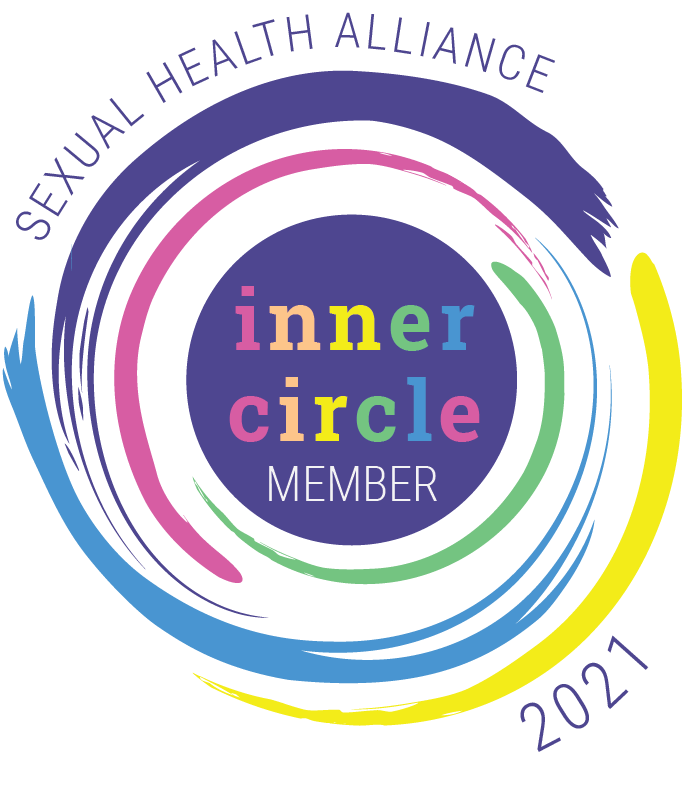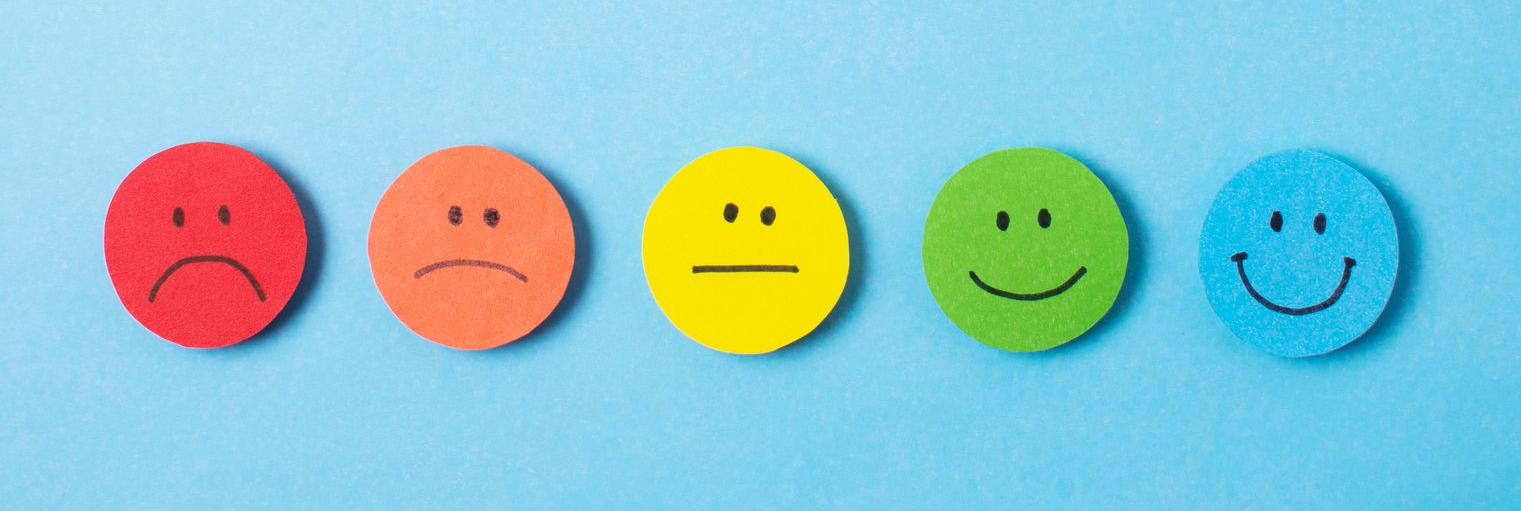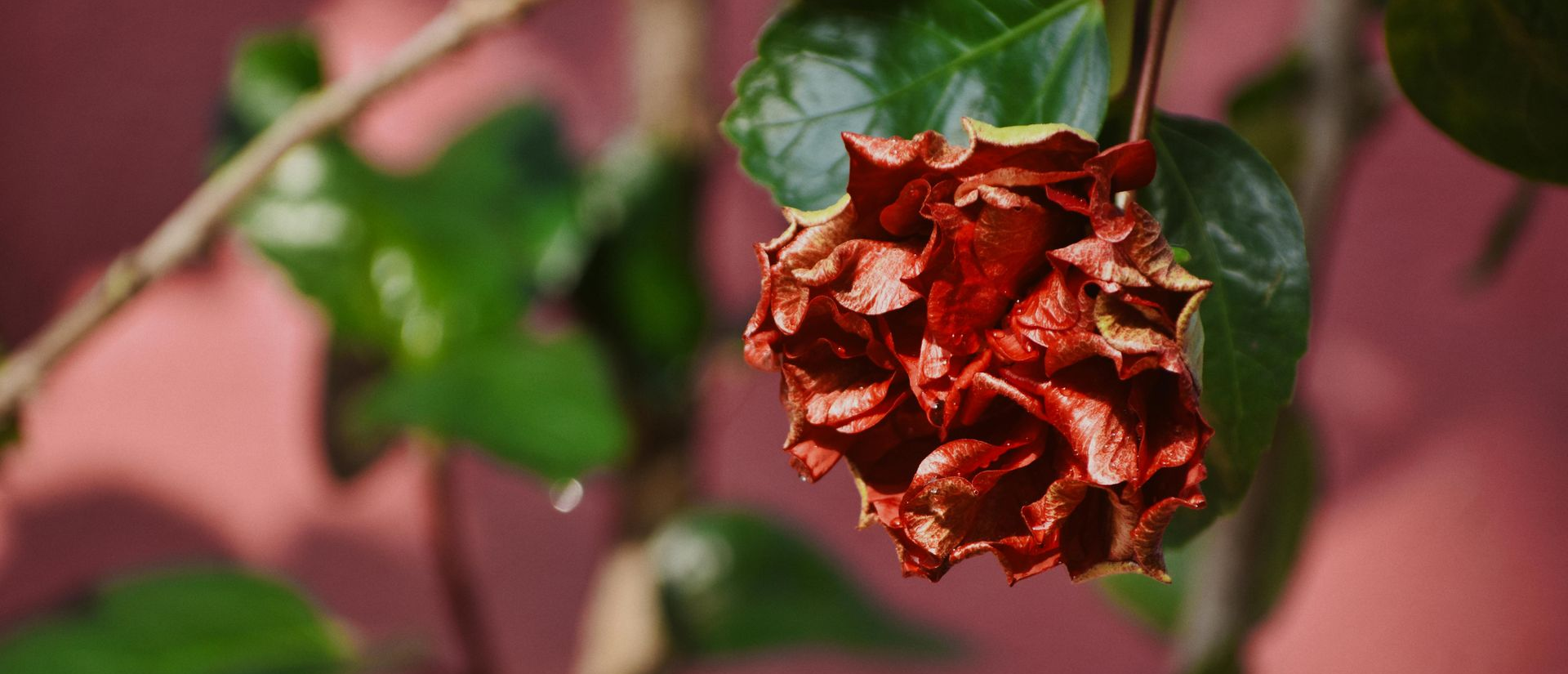Is Intuition Really Worth the Hype?
Author name
"Most students and professors have long believed that, when in doubt, test-takers should stick with their first answers and 'go with their gut.' But data show that test-takers are more than twice as likely to change an incorrect answer to a correct one than vice versa."
- The Invisible Gorilla: And Other Ways Our Intuitions Deceive Us
Common therapeutic advice and self-help books abound with encouragement to follow our intuition. Often we do, happily. But, what if it's not that simple? What if my intuition really isn't all that trustworthy? What if my intuition might be wrong?
Gasp! No! WHAT??
I get it. I'm no stranger to relying heavily on intuition for anything from deciding which way to turn when I've been lost, who I've befriended or gotten involved with romantically, or even how much salt I've added to a pot of beans or what I've decided to watch on Netflix. So many decisions and behaviors are made on this gut feeling. Some have been good or at least generally harmless, others not so much. But enough about me. This is about all of us.
Why do we rely so much on intuition? How does it serve us? How does it hold us back? Were we born with it? Do we develop it? How?
In reading up on this gut-feeling, intuition thing, I came across an example of snakes. It has been suggested that we are naturally afraid of snakes, arguing that our intuition is an organic aspect of our functioning to keep us safe. I agree that we effectively utilize appropriate fear to keep ourselves safe, and humans tend to fear things we don't know or understand, but I'd argue that this fear of snakes is not something we simply have without any external factors to consider. What if, instead, it's internalized via learning and experience? It is safety knowledge that is passed down from human to human or maybe even learned from some unfortunate experience with snakes (yikes and ouch). Have you SEEN babies in action? So many seem literally fearless until they internalize healthy and appropriate fears and boundaries, prior to which they spend their days leading sleep-deprived, panicked parents on various near-miss adventures involving steep drops, sharp objects, electrical outlets, and an endless assortment of things that any rational creature would never, ever put in their mouth. Prior to learning that some snakes are scary and dangerous, I am relatively confident that at least a few tots would gleefully crawl right into the pit of danger noodles from Indiana Jones like it was the ball pit at Chuck-E-Cheese. But nope. The door to the household snake pit has been baby-proofed, just like child locks have been put on all the cupboards, and knives and scissors and razor blades and medications are all out of reach.
Don't get me wrong. I'm all about tapping into our wise minds, which I distinguish from intuition. What I call intuition is a legitimate and imperative part of human functioning. Our brains need autopilot, lest we exhaustingly dissect every aspect of each and every millisecond of our being. I simply encourage a little bit of mindful examination over blind and blanketed trust, given that it is also a developed thing. A learned thing, heavily influenced by life experience. Intuition is our implicit memory, housed in the deepest parts of our nervous system. As such, we can recognize that its development was in service to our existence in the time of its development; all intuition starts out as adaptive. And, when we take it out of its developmental context, it's not uncommon to find that it has outlived its original function, and it ends up being an underlying contributor to depression, anxiety, anger, relationship problems, and general challenges with wellbeing. The intuition (which I think we can safely call a nervous system response at this point) we develop in the context of unhealthy, irrational, overly sheltered, and/or traumatic environments to keep us as safe as possible in those particular contexts, can be the exact same intuition that holds us back or creates problems in the larger life context. For example, our brain might interpret the familiar as safe when it's not, or our nervous system might be primed to sense danger even when there's none. As you might imagine, neither one of these situations will lead to optimal, healthy life-engagement.
So, what do we do? We look at our life satisfaction and where and why it might be falling short. As needed, we examine our beliefs about ourselves, others, and the world. We assess our felt sense, as well as our reactions and behaviors, our decisions, and our interpretation of events. We examine evidence that can confirm or disprove the messages our feelings are sending. Have we internalized doubt in ourselves or to believe in ourselves unconditionally? Have we been taught to believe that we cannot rely on or trust anyone, and that people will hurt us and trust is a weakness? Or have we learned that everyone is trustworthy and surely has our best interests in mind? Do we operate with blind optimism, or chronic catastrophizing? Either extreme related to any of these questions, and plenty more, could create challenges for ourselves and society. As individuals, unexamined and distorted intuition impacts relationships, behaviors, choices, boundaries, health, and well being. As a society, it has the potential to create and perpetuate harmful, irrational social fears and stereotypes, which in turn also significantly impact each of us as individuals, families, and communities. Our nervous systems don't always have their facts aligned with current conditions. When taken out of its original context, our intuition has the potential to be dead wrong.
So, to reiterate the question, what do we do? We examine our intuition, we slow down, and we re-orient to it so that we can utilize it as a flexible, fluid, healthy aspect of our functioning, developed through integration of evidence and safety
into a mindful experience. We do some work and we fine tune the functioning of our nervous system so that we can navigate ourselves and our world with insight and wellness.





